From red urticaria to anesthesia; How well do we know the symptoms of allergies in children?
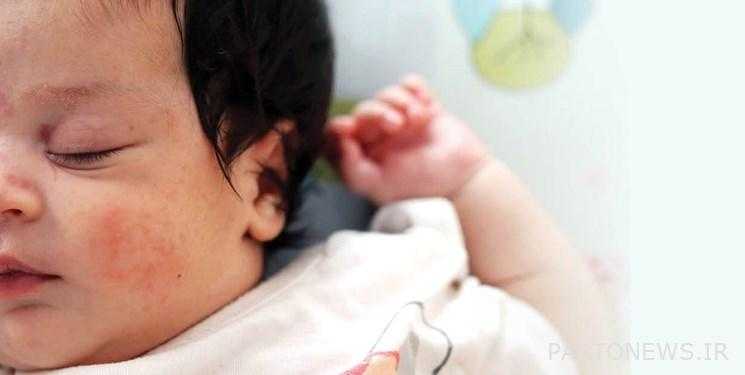
group Life: Families often confuse children with allergy symptoms with colds or gastrointestinal problems unless they are obvious; Urticaria and red skin rashes or swelling and inflammation! Sometimes, failure to diagnose allergies in a timely manner can seriously endanger the child’s health. Allergies that can be controlled with a simple parental awareness and some very simple care can become a complication and require more medication or medical attention for treatment. Allergies in children and adults are generally divided into two categories; Food and non-food allergies.
Food allergies
Food allergies are diagnosed faster because they usually occur shortly after eating. Even if it is not detectable the first time, there is a chance that it will be detected the next time by eating the same food. In some foods, allergies can be very dangerous and unfortunately even fatal. For example, some children are particularly sensitive to eating certain foods, such as beans, which sometimes lead to blood transfusions, hospitalization, and intensive medical care.
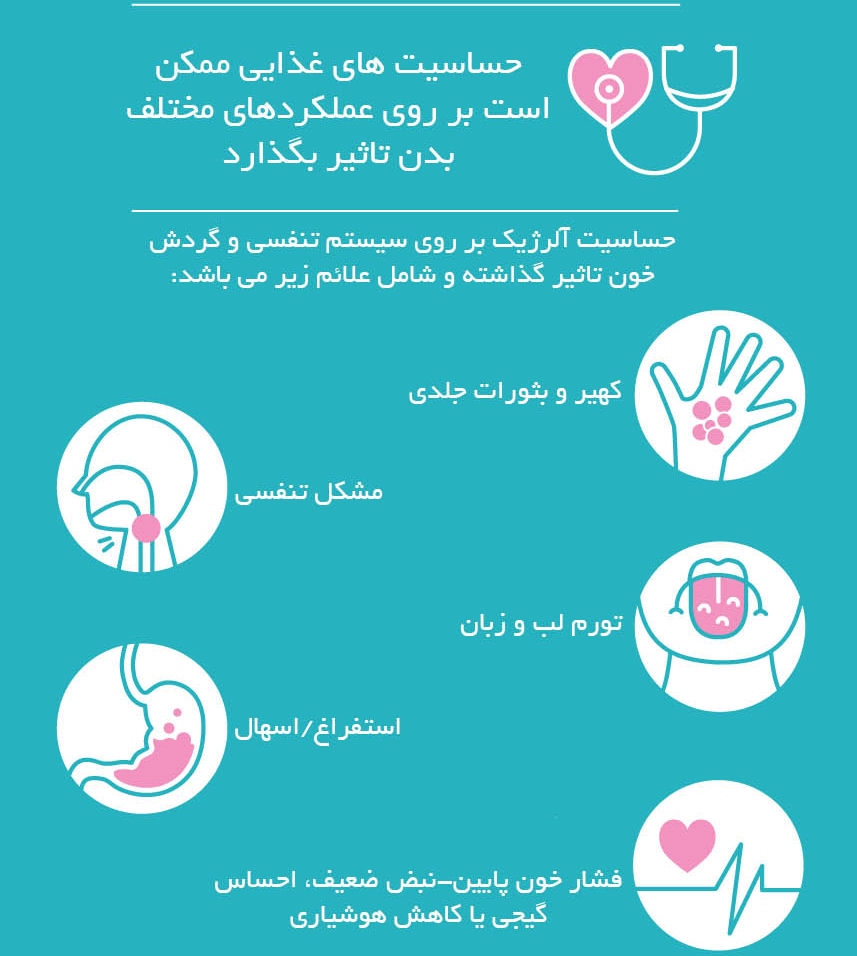
Therefore, it is better for parents to consciously monitor their children’s reaction to food, as well as to predict and prevent cases that they think will be problematic by performing some tests and referring to a specialist sooner. Fortunately, today these tests are performed at the age of less than one year, and the results and care if necessary are announced to the family.
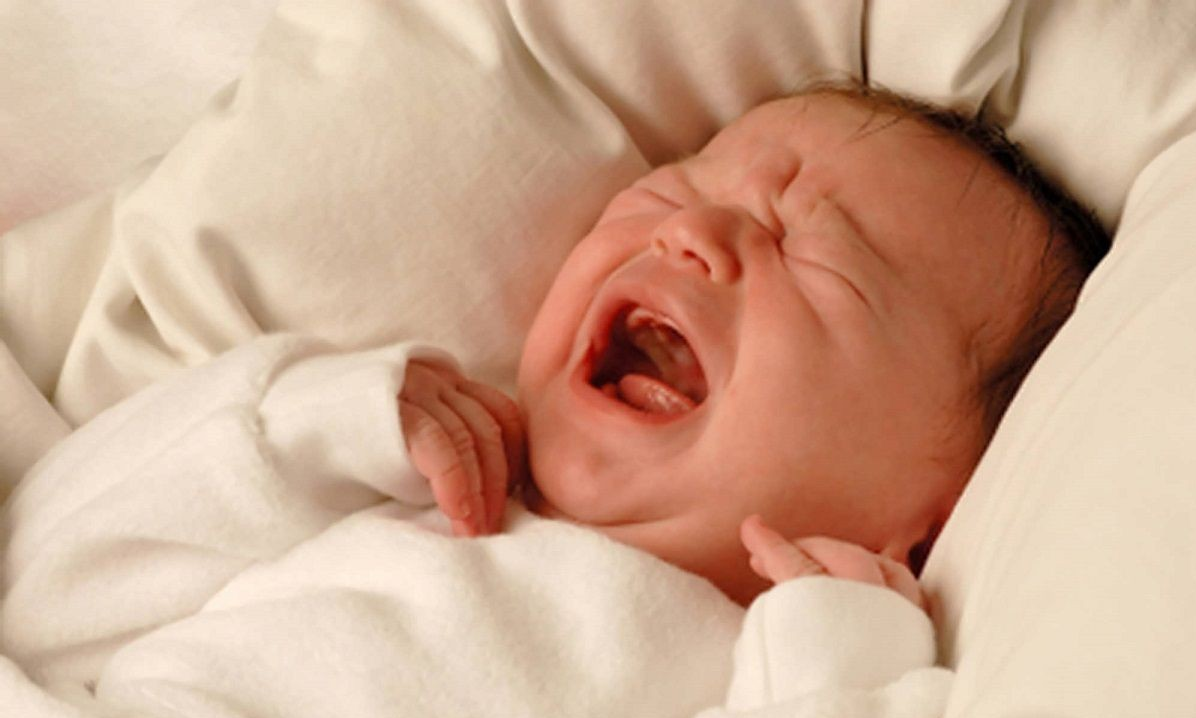
The onset of allergies from infancy!
Sometimes children are allergic to food from the same period of breastfeeding. For example, the child has bloating, nausea and difficulty passing stools, and because he is unable to speak, he wants to inform his parents by crying and looking forward. To prevent this, it is usually recommended that mothers take care of food, whether during pregnancy or breastfeeding. Do not consume less or no bloating substances. Try new foods that are at risk for allergies after these days. This is especially important for mothers who are breastfeeding. For babies who are breastfed, it is necessary to pay attention, sometimes the baby is allergic to one type of milk and it should be changed. Stick to the simplest and healthiest recipes during the higher months when your baby can use complementary foods. For example, do not use any spices or condiments in cooking baby soup. Cook the food completely and bring the cold fruits to room temperature outside the refrigerator and then give them to the child. Another important point is that if you are taking medication yourself, be sure to inform your doctor during breastfeeding and pregnancy. Some medications subconsciously cause the immune system to become sensitive and develop allergies.
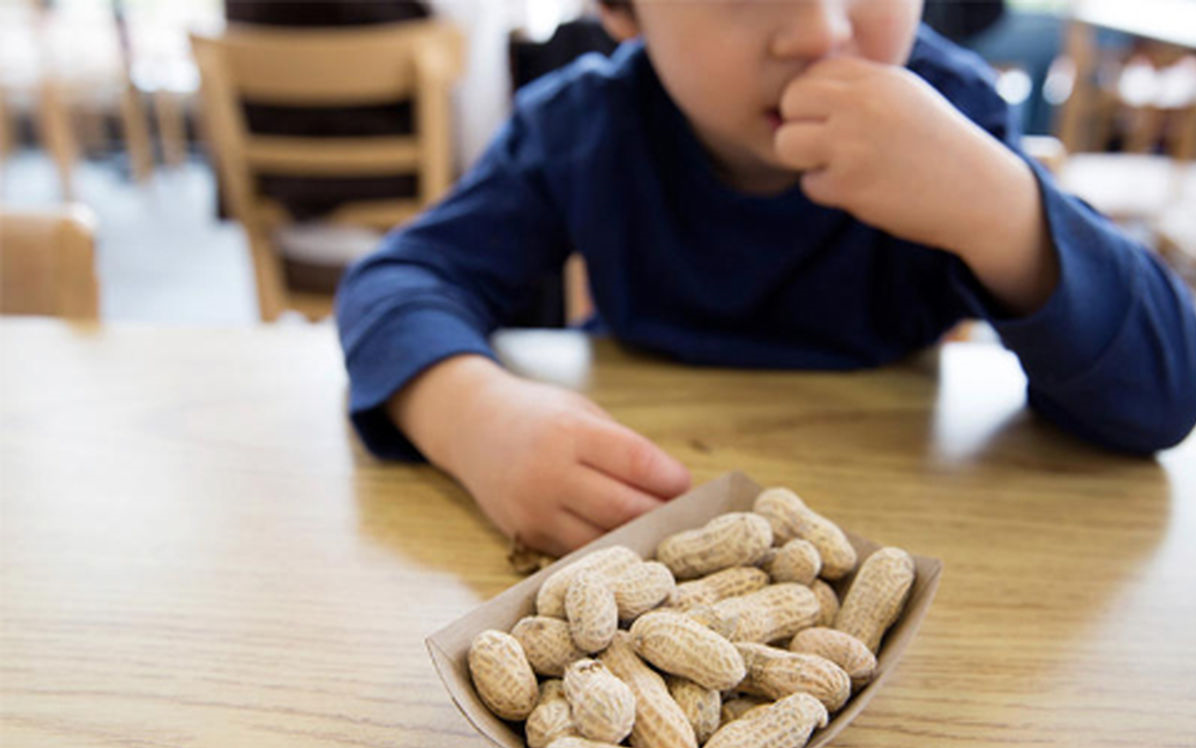
Most allergic to these foods
In general, more than 90% of children’s food allergies to foods such as milk, wheat, soy, nuts, peanuts, fish and shrimp. The immune system, which is responsible for protecting the body against harmful factors, considers these nutrients as external factors due to the presence of factors in them and begins to react. Reactions have several symptoms, the best of which are three; Urticaria, swelling of the face and anesthesia. These three symptoms are so obvious that they quickly make the parents aware and ready for treatment.
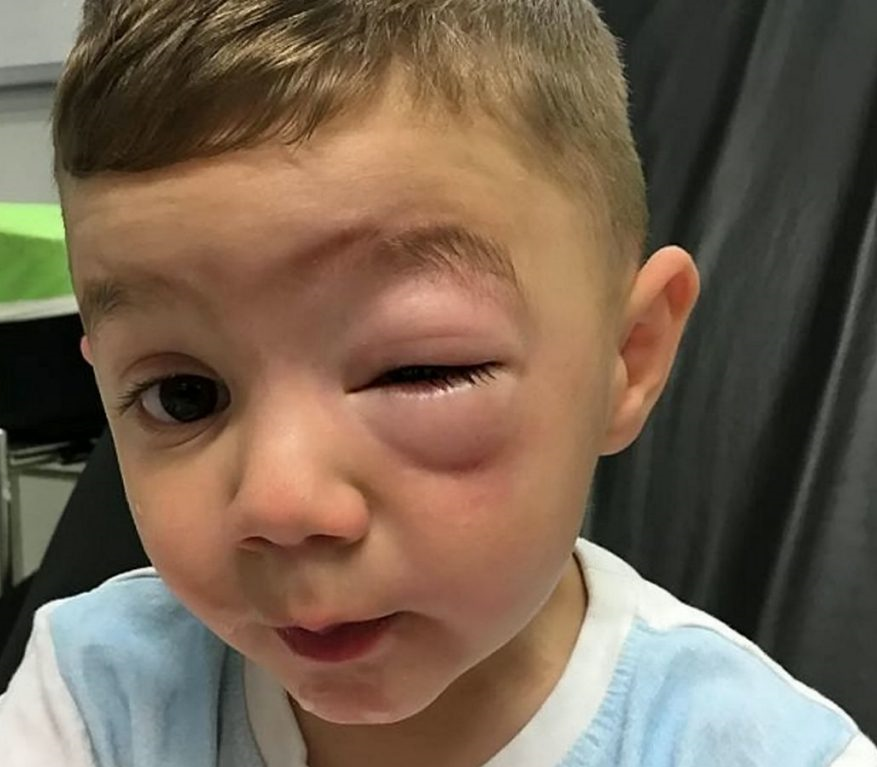
Other symptoms such as nausea, hard or loose stools, difficulty breathing, heart and respiratory symptoms, hypotension and dizziness but are diagnosed a little later. Allergies are not permanent; 80% of children who are allergic to milk have this problem. Also, 80% of children who are sensitive to soy and wheat have this problem until the age of 5 and it resolves over time. Some sensitivities, however, remain with a person for a lifetime, which must be taken very seriously. For example, some people experience problems such as hives, respiratory disorders, nausea, etc. by eating peanuts, eggplant or eggs for the rest of their lives.

The difference between intolerance and sensitivity
A very important point to note here is to understand the difference between “intolerance” and “food sensitivity”. Sometimes a child’s digestive system or body becomes allergic to certain foods, for example eating a peanut can cause swelling of the eyelids, lips or face. But sometimes a person has an intolerance problem, such as his stomach reacting to lactose in milk. The symptoms of the two are sometimes very similar and sometimes distinguishable. The most obvious signs of intolerance are usually gastrointestinal, such as belching, loose stools, bloating and severe gas in the stomach, and other symptoms such as headache, nervousness, and flushing, etc.
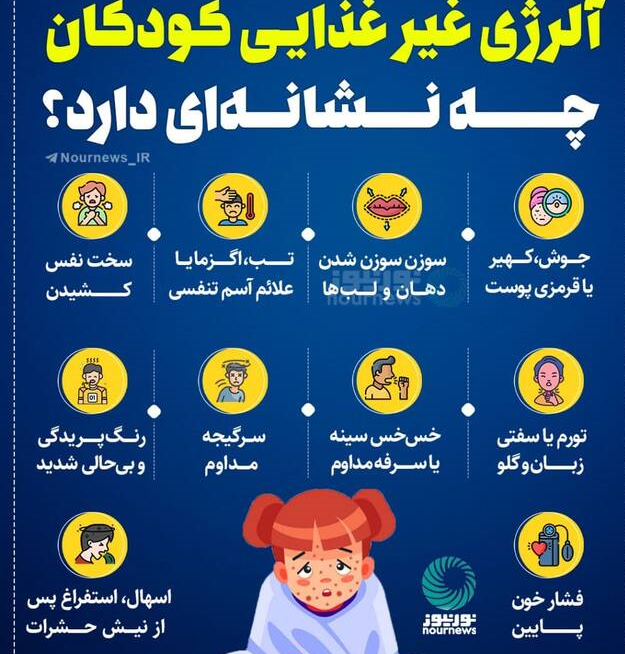
What is non-food allergy?
But what are allergies and non-food allergies and how do they occur? One of the most well-known allergies that almost all of us have heard about is children’s allergies to cat hair. Dust, insect bites, pollen from flowers and houseplants, fibers and latex materials, special fragrances or some industrial materials in some devices such as toys are other common causes of non-food allergies in children.
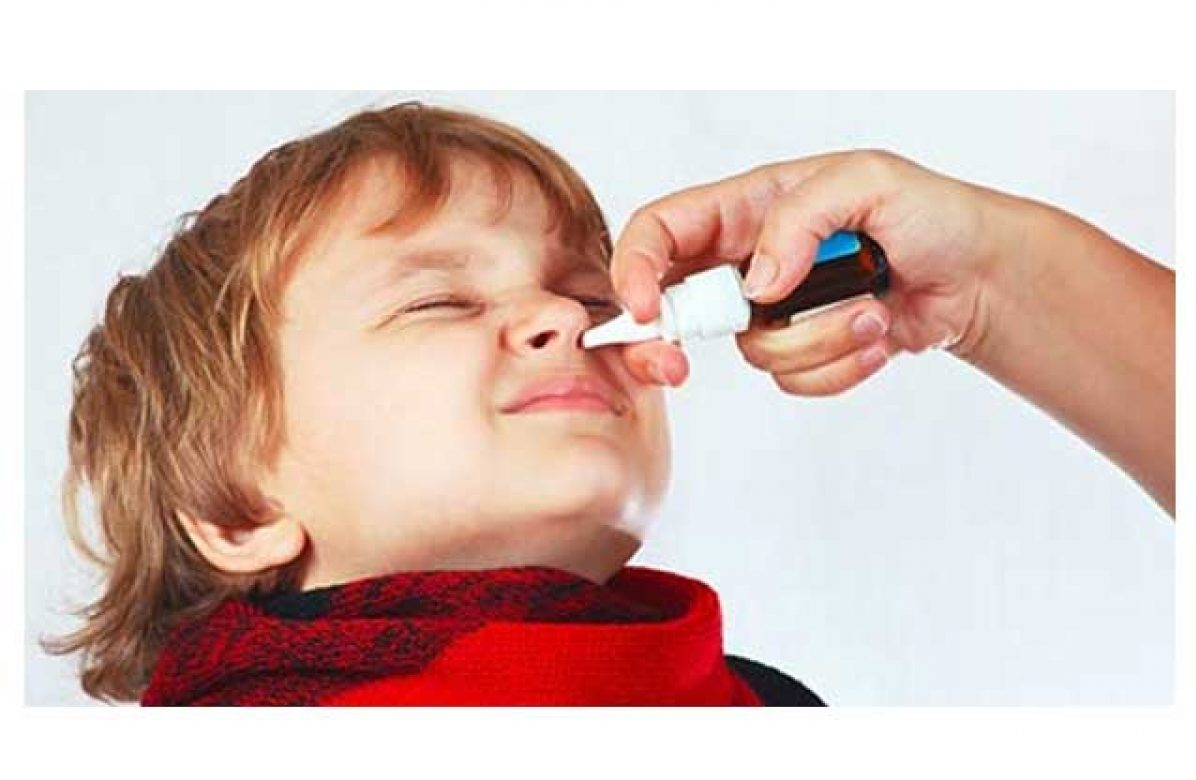
Do not allow more mobility
Symptoms of non-food allergies also vary in severity from mild to severe. For example, urticaria, facial swelling, tingling in the mouth and body, eczema, fever, slow and hard breathing, swelling and stiffness of the tongue and throat, dizziness, fainting, diarrhea, stomach pain, etc. Recognizing these allergies is a little time consuming and requires subtle vision and attention. On the other hand, you must use a doctor’s guidance. Sometimes these allergies can be severe; Become “anaphylaxis”. If symptoms such as dizziness, hypotension, changes in breathing rhythm, and anesthesia occur, you should not be afraid. Put him to sleep and slowly practice breathing until he arrives at the emergency room or to the treatment center.

Go to war on allergies with cleanliness!
What can we do now to minimize the occurrence and stimulation of non-food allergies? In general, take cleaning seriously. Use detergents and disinfectants, preferably odorless. Appliances that we prepare and may have a so-called new and irritating odor, such as plastic, leather and perfume, should be left outdoors for a few days or hours to reduce or decrease the odor. Be sure to shake the curtains when sweeping. Shake sheets, blankets and pillows occasionally and expose them to light. Wash and clean sheets, pillows, and curtains regularly. “Mints” or microscopic particles are mostly on the fibers of these textiles and are removed by washing. Clean the windows and the front of the windows from time to time so that the soil does not move and the sediment is moved by the wind. We do not keep pets. If possible, wash carpets, rugs and underlays, or if it is not possible, sweep at least two to three times a week and once every half of the season by dusting and sweeping on both of them. Extra dolls should not be on the ground and exposed to contamination. Apply cloth or linoleum on them. Wash the dolls occasionally. We must clean the blind spots of the house that do not have enough access but children walk in it out of curiosity.
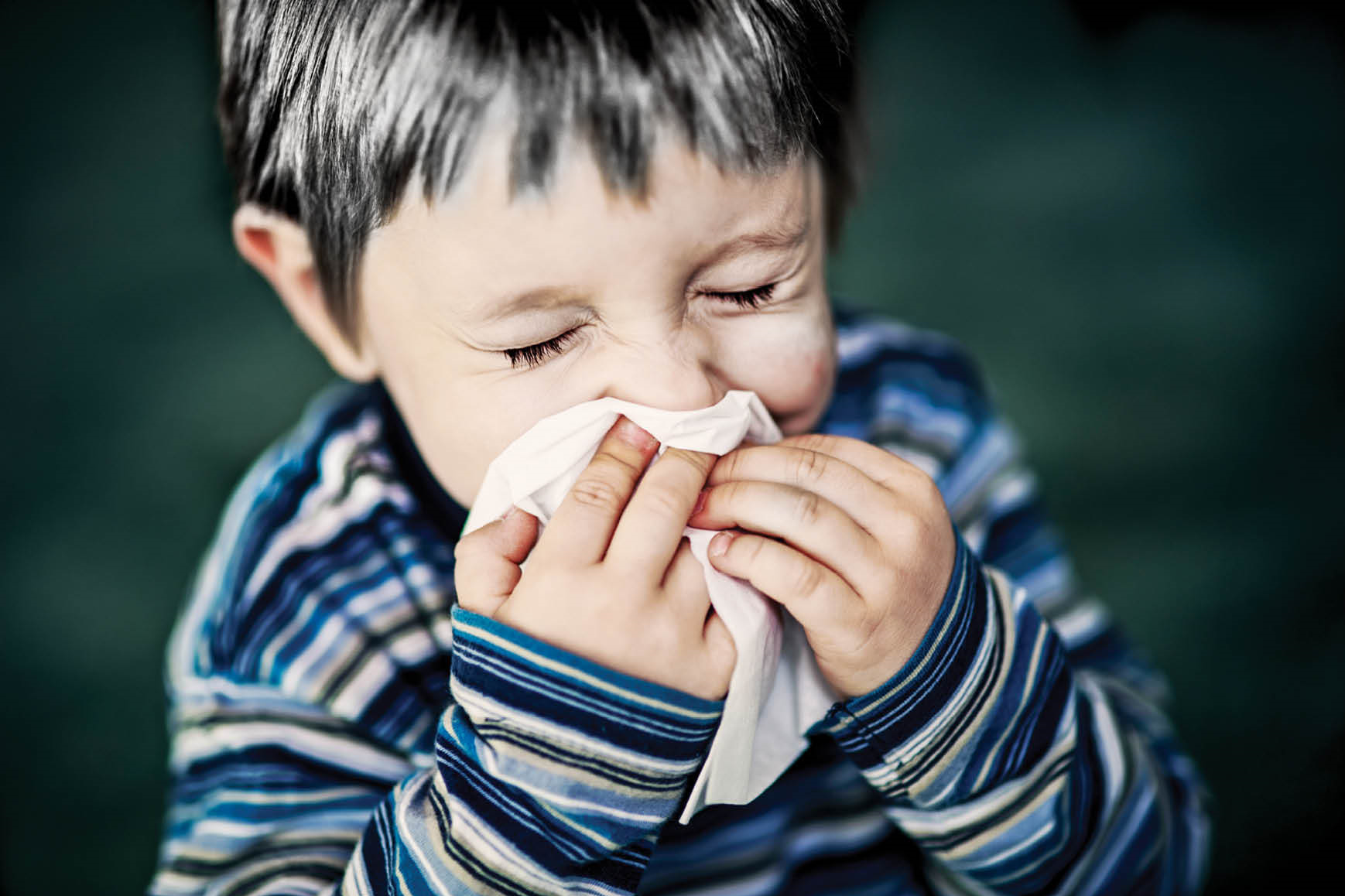
Allergies and disturbed sleep
It is important to diagnose allergy symptoms from any type of food and non-food, to remove that agent from the child’s diet or life plan, to see a doctor for medication, care instructions, and to provide relief from allergies. Diagnosis and control of allergens help a person suffer from less boredom, depression and fragility. Some doctors say that not taking allergies seriously and not treating them in children can lead to other diseases. For example, a person with symptoms of runny nose constantly develops severe rhinitis in the nasal mucosa, resulting in poor breathing. A person who does not breathe properly experiences burning nose, runny eyes, lung problems, chronic cough, shortness of breath and asthma. He does not get enough oxygen, especially during sleep, so he constantly suffers from disturbed sleep or mental fatigue.
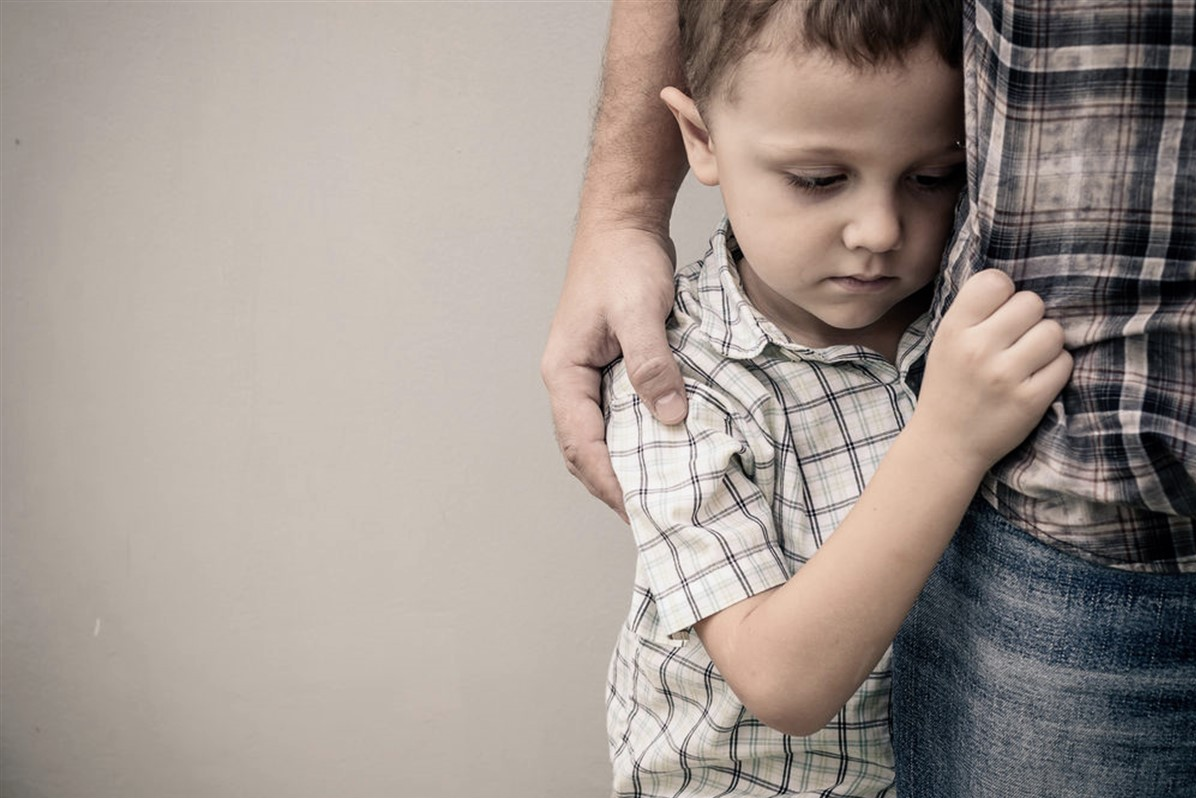
Allergies are embarrassing!
On the other hand, people who are constantly allergic due to pain and depression caused by it or the appearance of symptoms due to sensitivity do not have the ability and self-confidence necessary to be in public. Over time, people become isolated because their allergies have not been treated and progressed in time, so when they show up at a friendly gathering where they are supposed to order food outside the home, they experience a bad feeling because they eat a lot of food depending on the circumstances involved. She can not eat it and must constantly ask embarrassed: Excuse me, what are the ingredients of this food? Or…
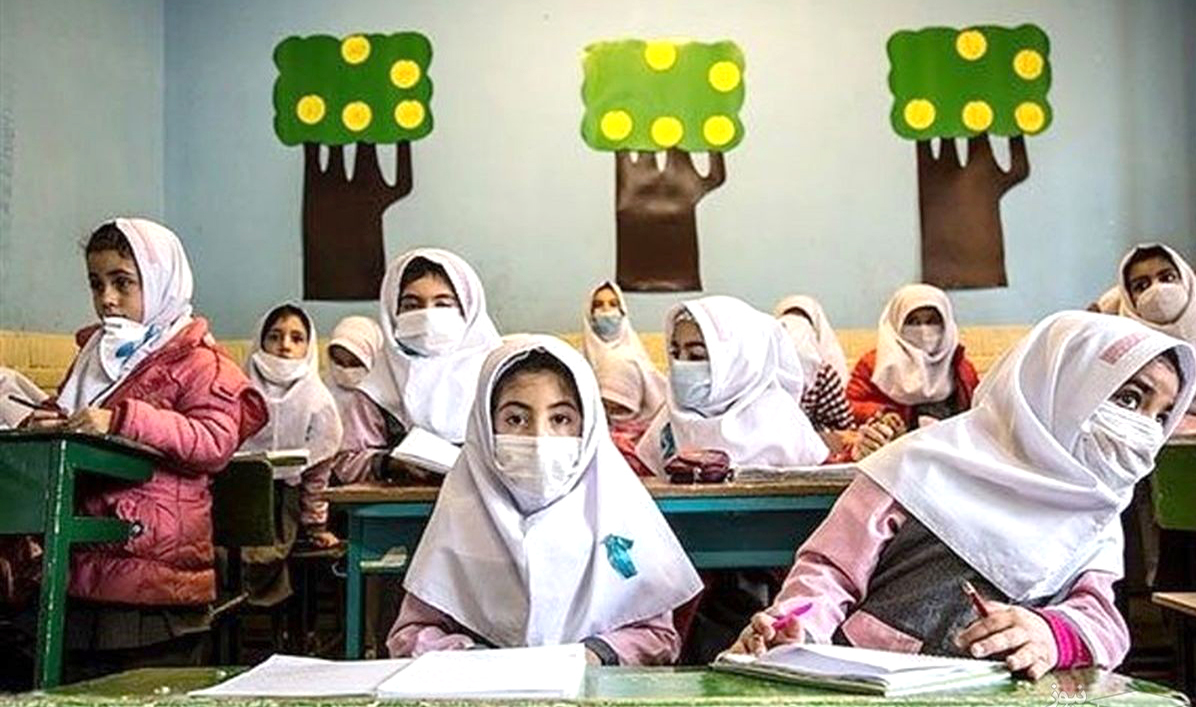
Children with allergies occasionally miss school and social activities due to the onset of allergy symptoms and are absent. If their allergies are treated, like other peers, they can not experience the joy and excitement of childhood and feel limited. Allergies, in addition to the health of the child, can also lead to psychological effects, take it seriously and treat it in a timely manner.
End of message /
You can edit this post
Suggest this for the front page
.

